You can be educated, articulate, and completely justified in your position, and still blow up your case with one missed procedural step.
That’s not a dramatic exaggeration. It’s exactly what happened in a recent decision of Paul Finlayson v Humber College, 2025 CanLII 20222 (ON LRB) in by the Ontario Labour Relations Board (OLRB), where a university instructor’s reprisal application under the Occupational Health and Safety Act (OHSA) wasn’t dismissed on the merits, but on pure process.
Why? Not because his arguments lacked substance, but because he repeatedly ignored basic filing instructions, something every self-represented litigant should pay close attention to.
What Went Wrong?
The applicant, a university instructor, had been suspended after posting controversial comments on social media. He believed the suspension was retaliatory and filed an OHSA s. 50 application, alleging reprisal.
But here’s the issue: he did not properly serve the application on the opposing party or file the mandatory Certificate of Delivery. The Board gave him multiple extensions and explicit instructions, but he did not comply.
When the Board finally dismissed the case, the applicant filed for reconsideration. That too was rejected, largely due to its hostile tone and lack of clarity.
The Bigger Problem for Self-Represented Litigants
This wasn’t about freedom of expression or academic independence. Those important issues were never even considered. The application collapsed because the applicant failed to engage with the basic mechanics of the process.
And that’s the true cautionary tale. Procedural rules exist not to punish, but to ensure fairness and functionality. Yet for a self-represented litigant, particularly one feeling morally outraged or blindsided, it’s easy to underestimate how rigid and unforgiving these rules can be.
Why Legal Support Matters
A good legal representative doesn’t just argue your case. They protect you from your own anger, your disbelief that the system could be so bureaucratic, your impulse to treat procedure as optional. They keep you focused on outcomes, not emotional responses.
I’ve worked with many professionals navigating regulatory complaints, workplace investigations, or employment disputes. More often than you’d think, the difference between keeping and losing a license or a career came down to a small, avoidable procedural misstep.
If you’re a self-represented litigant facing a legal process, especially in emotionally charged matters, understand this: being right on the facts is not enough. You must also be procedurally precise.
Don’t let your case be a cautionary tale.
This commentary is for informational purposes only and does not constitute legal advice. For more information on our employment law practice, please click here.
Contact Us
This commentary is for informational purposes only and does not constitute legal advice. Contact Tamir Litigation Law Firm today at 416-499-1676 or visit tamirlitigation.com to learn how you can protect your licence and your reputation. You can also message us on WhatsApp for a free initial chat.
All communications are strictly confidential.

